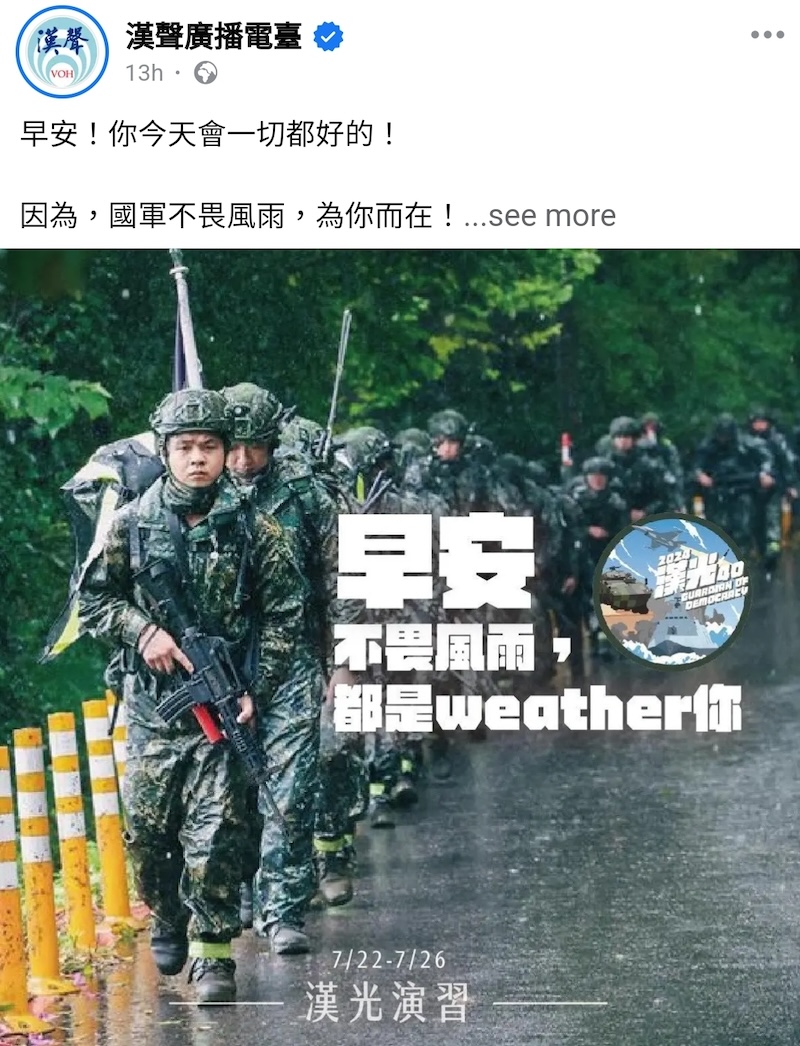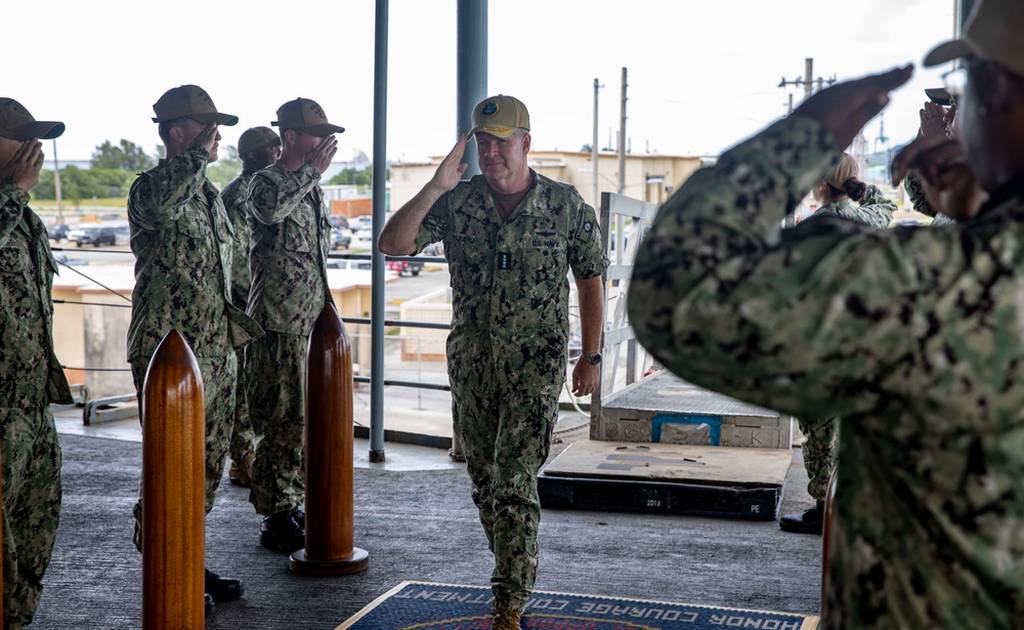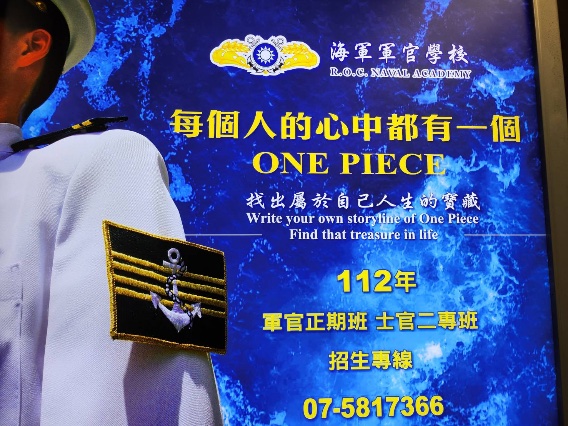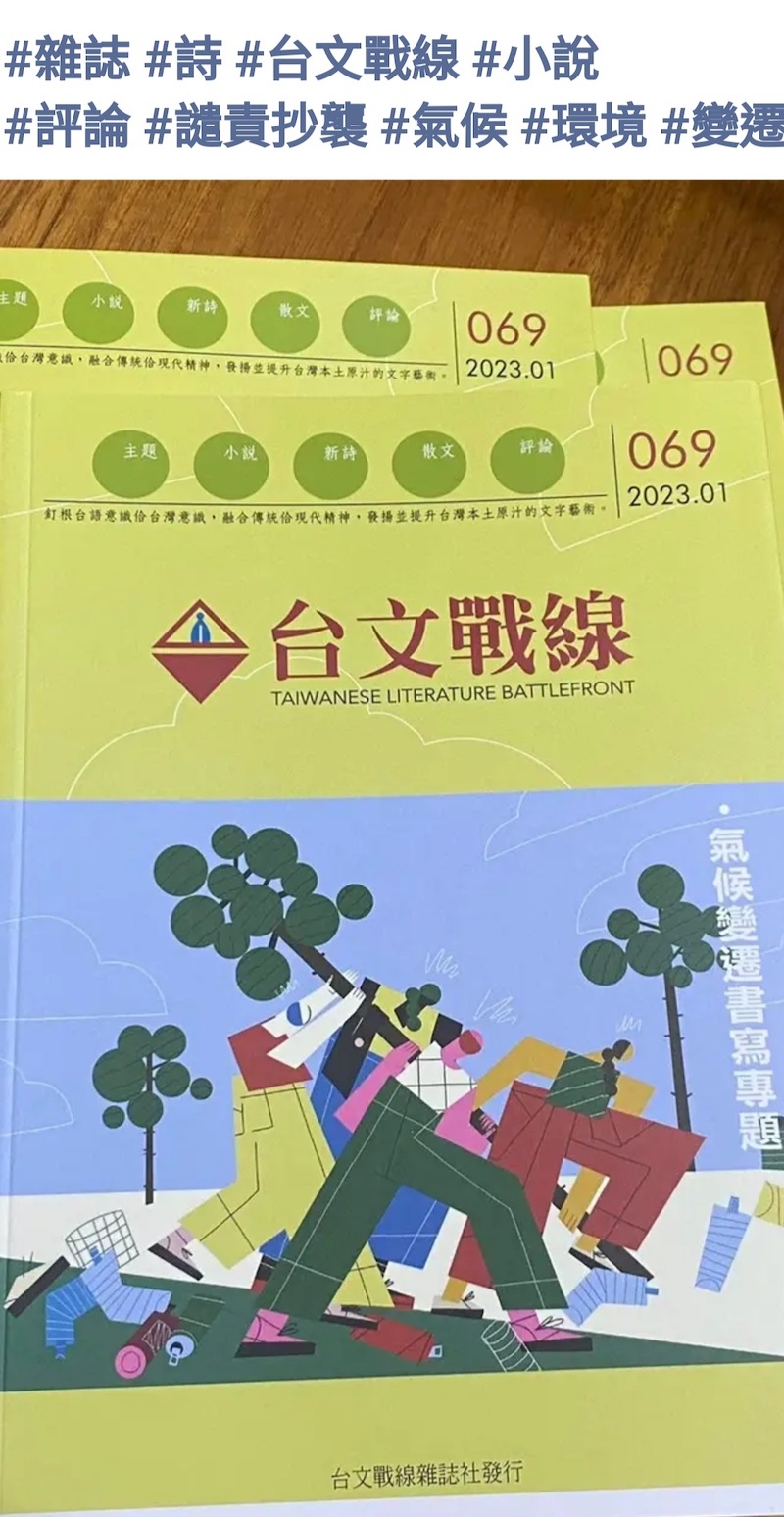Vacillating Chinese terminology for think tanks
Mark Metcalf wrote to tell me:
Global Times*just ran an article that might be of interest regarding PRC think tanks and a new book related to this topic: “Researchers, scholars explore methods to boost China’s influence of thoughts”.
*an appendage of People's Daily
I was caught up short by the clumsy expression "influence of thoughts". But something else about this new development bothered me much more. Mark tracked down the title of the book in question:
《Sīxiǎng tǎnkè: Zhōngguó zhìkù de guòqù, xiànzhuàng yǔ wèilái 思想坦克:中国智库的过去、现状与未来》("Thought tanks [armored vehicles]: the past, present, and future of China's wisdom warehouses"]) [VHM — intentionally awkward translation for special effect, to be explained below]
What jumped out at me in the title was the use of tǎnkè 坦克 for (think) tank. In my Chinese studies, I learned that tǎnkè 坦克 was a military weapon and not a repository. And when you Google images of tǎnkè 坦克, all you see are images of tracked vehicles. That's how all my Pleco dictionaries translate the term, as well. However, when you put the term into Google Translate, it provides both the tracked vehicle and an alternative translation: "a large receptacle or storage chamber, especially for liquid or gas" with yóuxiāng 油箱 ("oil / gas[oline] / fuel tank") as a synonym. Yet GT can't translate the term sīxiǎng tǎnkè 思想坦克. [VHM: And well it should not. See more below.]
Going out on a limb, could the expression sīxiǎng tǎnkè 思想坦克 have the dual meaning (i.e., a pun) for an offensive organization ("vehicle") that is used to control / defend the narrative of the CCP?
Read the rest of this entry »



